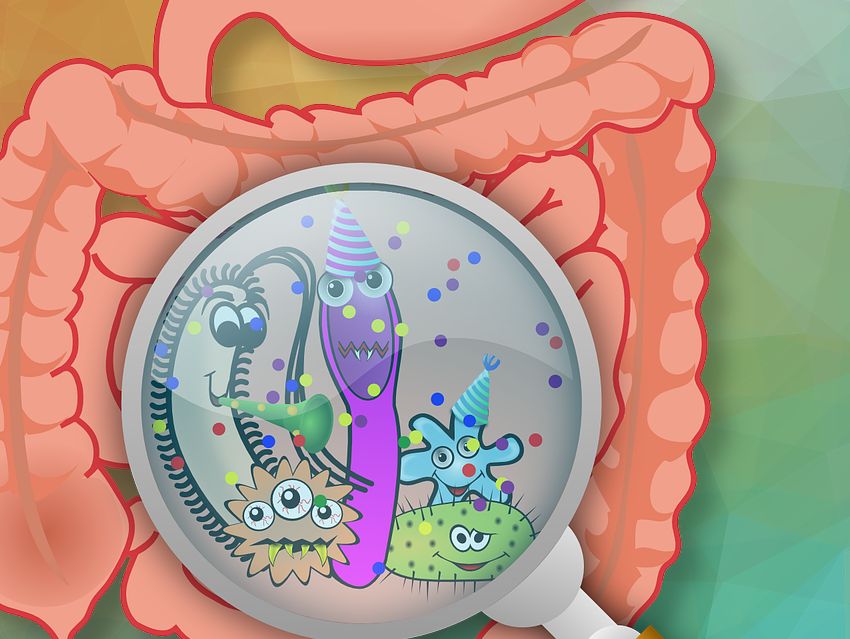The bacteria in our intestines play a complicated role. Many are helpful and needed for digestion but some can cause illness—such as diarrhea—or become dangerous if the immune system is weak, the gut lining is damaged, or if they enter the bloodstream, leading to severe infections. Scientists have been trying to create vaccines against these harmful gut microbes, especially ones that no longer respond to antibiotics. However, this is challenging because the immune system in the gut works differently from the rest of the body and is not yet fully understood.
Emma Slack, ETH Zurich, Switzerland, and the University of Oxford’s Sir William Dunn School of Pathology, UK, Médéric Diard, University of Basel, Switzerland, and colleagues have found a way to make oral vaccines more effective. Their approach combines vaccination with the introduction of harmless bacteria that compete with harmful ones for food and space in the gut. This was shown in studies with mice.
Using this method, the researchers were able to prevent mice from getting infected with salmonella and reduce existing Escherichia coli infections. In both cases, the combination worked much better than using the vaccine or the harmless bacteria alone. The team showed that it is possible to create strong competitor bacteria using genetic engineering as well as by selecting and combining natural strains of E. coli.
For the friendly bacteria to successfully compete with the pathogenic microbes, they need to live in the same part of the intestine as the harmful ones and survive under the same conditions—such as acidity, oxygen levels, and available nutrients. While vaccines can reduce harmful bacteria, filling the empty space with friendly bacteria is key to long-term success. Some people naturally have these helpful bacteria, which is why vaccines work better for them. This new method could help those who do not have such protective strains.
A major benefit of this strategy is that it can reduce the need for antibiotics. Itis also effective against antibiotic-resistant bacteria, which are a growing global threat.
This method could be especially helpful before surgeries or organ transplants, where patients are vulnerable to infections due to weakened immune systems. It might also protect travelers exposed to unfamiliar bacteria abroad. Reducing harmful bacteria in the population would improve public health overall. However, further research is needed before this approach can be applied in humans.
- Vaccine-enhanced competition permits rational bacterial strain replacement in the gut,
Verena Lentsch, Aurore Woller, Andrea Rocker, Selma Aslani, Claudia Moresi, Niina Ruoho, Louise Larsson, Stefan A. Fattinger, Nicolas Wenner, Elisa Cappio Barazzone, Wolf-Dietrich Hardt, Claude Loverdo, Médéric Diard, Emma Slack,
Science 2025.
https://doi.org/10.1126/science.adp5011





